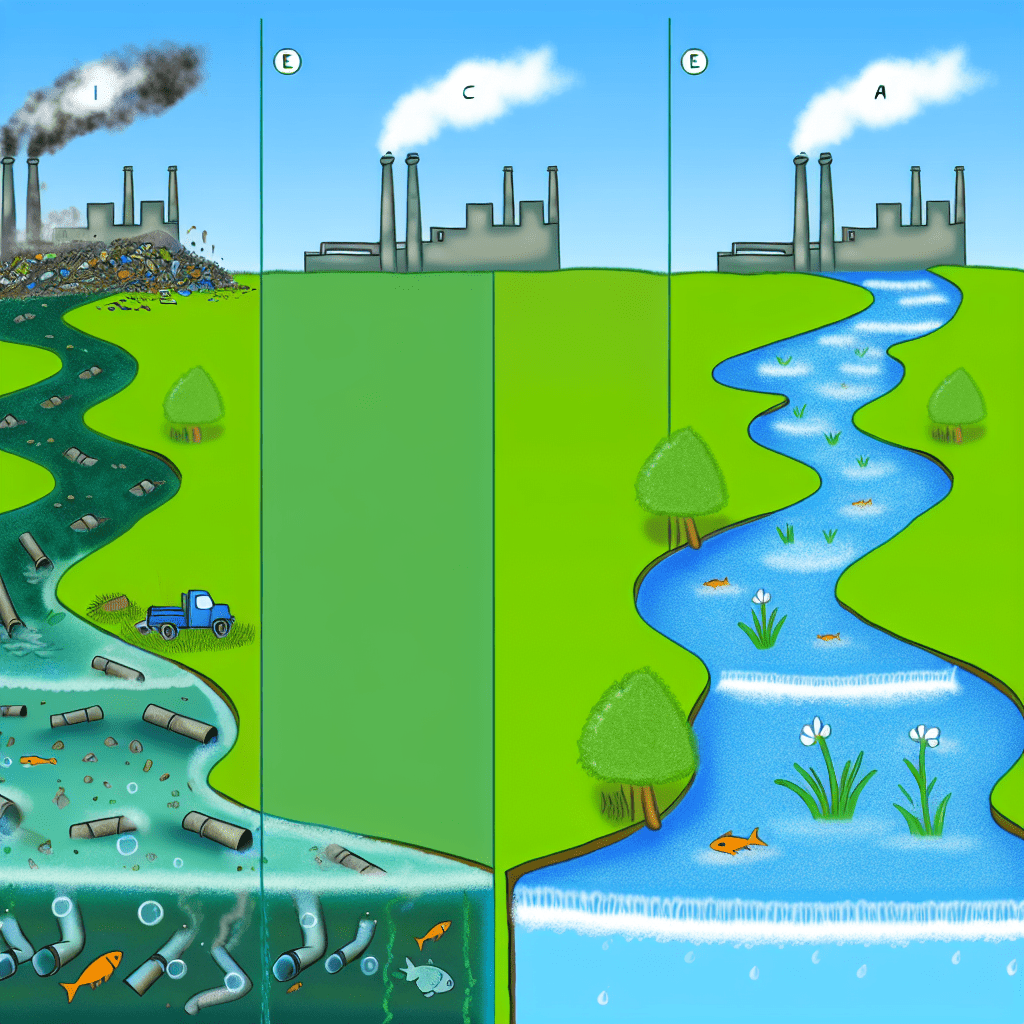”
Even with its abundant rainfall and myriad of rivers and lakes, Ireland grapples with serious water quality issues. This article deep dives into these challenges, their root causes, and proposes potential strategies leading to cleaner, safeguarded water resources.
Ireland’s water quality challenges primarily stem from agricultural runoff, urban wastewater, legacy pollutants, and the imminent impacts of climate change. Additional causes of concern include septic tank discharges and forestry operations, especially clear felling and drainage.
Major pollutants in Ireland’s waters include phosphates, nitrates, microplastics, and persistent organic pollutants. These harmful substances pose profound health risks, unsettle sensitive aquatic ecosystems, and put undue pressure on the water treatment infrastructure.
A gamut of legislation, including the Water Framework Directive and the River Basin Management Plans, underscore Ireland’s commitment to water quality. However, the persistence of water quality issues necessitate an urgent and intensified drive towards effective, sustainable solutions.
Addressing water quality in Ireland essentially entails stricter pollutants control, significant investment in advanced wastewater treatment facilities, embracing sustainable agricultural practices, implementing climate-resilient water management strategies, and improving forestry operations.
Further, fostering public participation and raising awareness around water-related issues is critical. Nationwide initiatives promoting water conservation, advocating against pollution, and highlighting the importance of clean water can trigger meaningful societal change.
In conclusion, while the road to improved water quality in Ireland appears challenging, it is undoubtedly possible. With robust policy enforcement, technological innovation, and increased public participation, Ireland can make the transition from troubled waters to a future of crystal clear streams.
By FountainGO!

